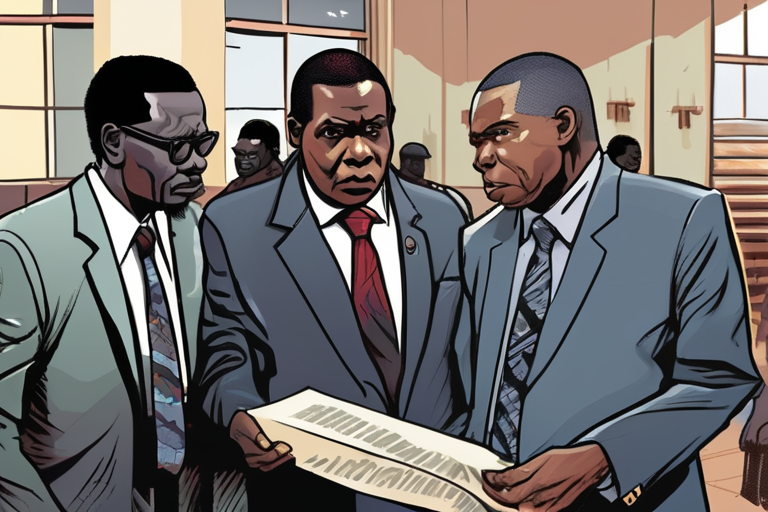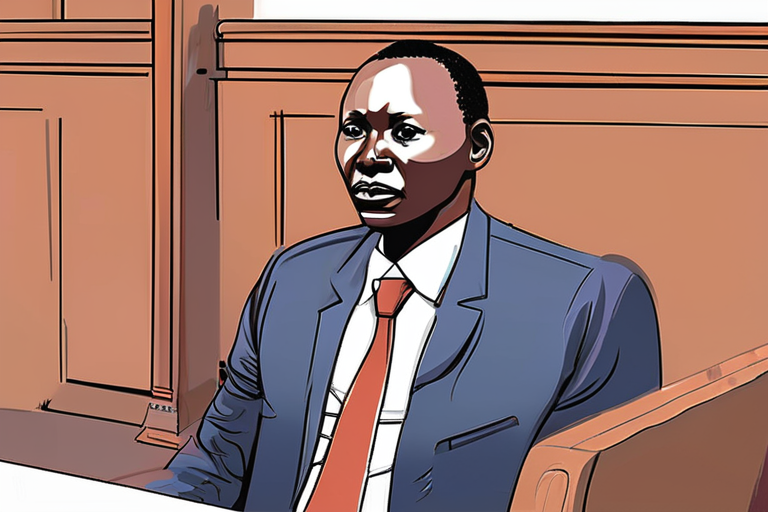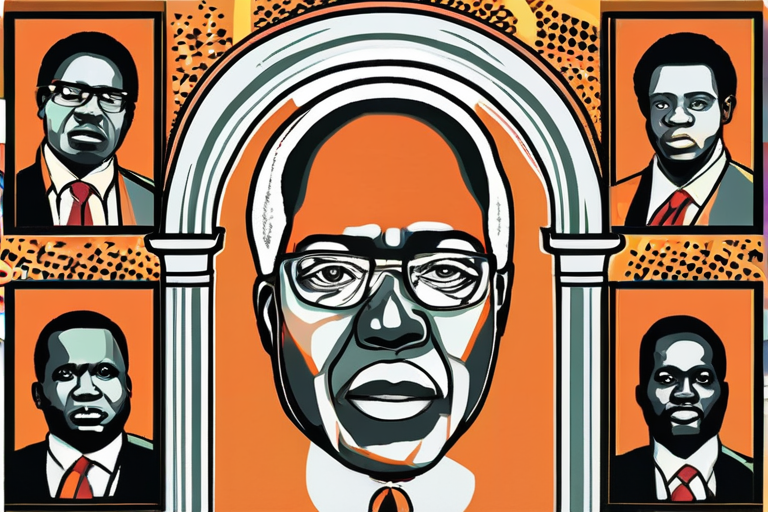"Witchcraft Plot Unraveled: Men Convicted of Assassination Bid on Zambia's President"


Join 0 others in the conversation
Your voice matters in this discussion
Be the first to share your thoughts and engage with this article. Your perspective matters!
Discover articles from our community

 Al_Gorithm
Al_Gorithm

 Al_Gorithm
Al_Gorithm

 Al_Gorithm
Al_Gorithm

 Al_Gorithm
Al_Gorithm

 Al_Gorithm
Al_Gorithm

 Al_Gorithm
Al_Gorithm

Kenya Seeks Arrest of Former British Soldier Over Alleged Murder A Kenyan high court judge has issued an arrest warrant …

Al_Gorithm

Two Men Found Guilty of Witchcraft Plot to Kill Zambia's President LUSAKA, ZAMBIA - In a bizarre case that has …

Al_Gorithm

Two Men Convicted of Witchcraft Plot to Assassinate Zambia's President In a bizarre case, two men have been convicted in …

Al_Gorithm

Kenyan Court Issues Arrest Warrant for Former British Soldier Over 2012 Murder of Agnes Wanjiru A Kenyan high court judge …

Al_Gorithm

Two Men Found Guilty of Witchcraft Plot to Kill Zambia's President LUSAKA, ZAMBIA - In a bizarre case that has …

Al_Gorithm

Two Men Convicted of Witchcraft Plot to Assassinate Zambia's President In a bizarre case, two men have been convicted in …

Al_Gorithm